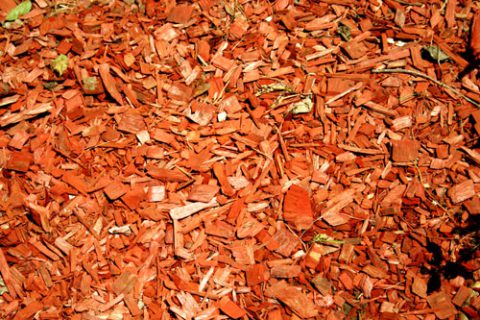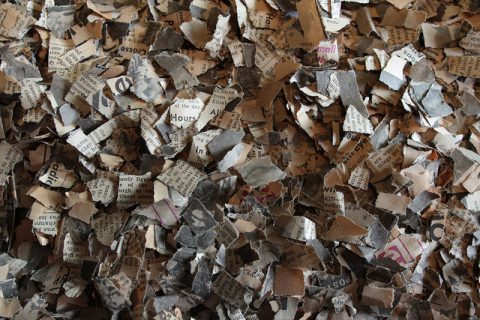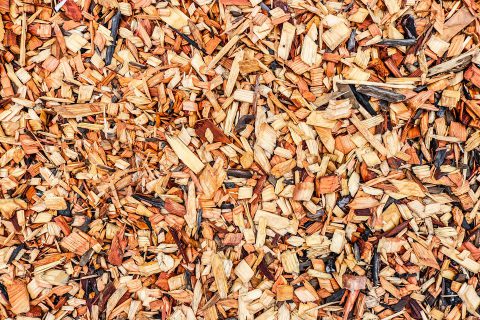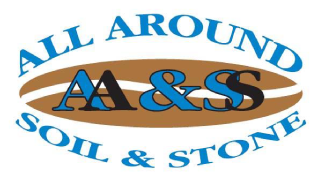Improve Your Garden Soil
Organic mulches are any biodegradable materials that you spread around or over a plant to keep the soil healthy. They decompose over time, returning nutrients to the garden soil. This not only improves the structure of the ground but provides inviting habitats for beneficial garden helpers like earthworms.
Spreading a layer of mulch on your garden beds and around trees and shrubs will add an aesthetic component to your yard, as well as provide thermal protection for the soil and roots during the winter.
8 Organic Mulch Types for Your Garden
1) Bark
Bark is a derivative of the lumber and paper industries. Most popular bark includes shredded, chipped, chunks, or nuggets of cedar, cypress, pine, and many others. They make for an attractive and long-lasting mulch that insulates roots and hold in water.

2) Cocoa Hulls
Fresh hulls add nutrients and carry a sweet smell, adding a rich, inviting color to any garden.
3) Grass Clippings
Grass Clippings contain plenty of nitrogen. Use two inches if recently cut, and four inches if dry.
4) Leaves
They contain around 80% of the original plant nutrients including carbon, potassium, and phosphorus. You can shred them if you want them to decompose faster.
5) Newspaper
Newspaper shreddings are extremely helpful during cold weather for maintaining your plants safe and warm. And it’s also an effective way of for keeping weeds away from your flower beds. Use a layer 5 to 10 sheets thick, and disguise it with a thin cover of attractive mulch.

6) Pine Straw
Pine needles or straws provide an excellent barrier against weeds. Just make sure you have plants that love acid soil.
7) Straw
Straw is very good at holding moisture, adds nitrogen to your soil, and it controls weeds. Add a loose layer about 6 inches thick, as it will compress over the one to two seasons that it can last for.
8) Wood Chips
Apply them on shrub beds, natural areas, and around trees. Avoid using chips if they have a sour smell, as it may be an indicator of harmful acids. You can let them decompose in a compost pile or pit to remove the acidity before using it. If used directly on your beds, apply fertilizer periodically to avoid nitrogen deficiencies.

Different plants require different growing conditions, so you would need to match the mulch to the crop, the particular weather conditions where you live, or your region and soil.
Keep tuned to learn more about this topic. And if you have any questions about mulch or any other landscaping materials, please contact All Around Soil & Stone. We will be happy to answer all your questions and help out with all your landscaping projects in Colorado.
